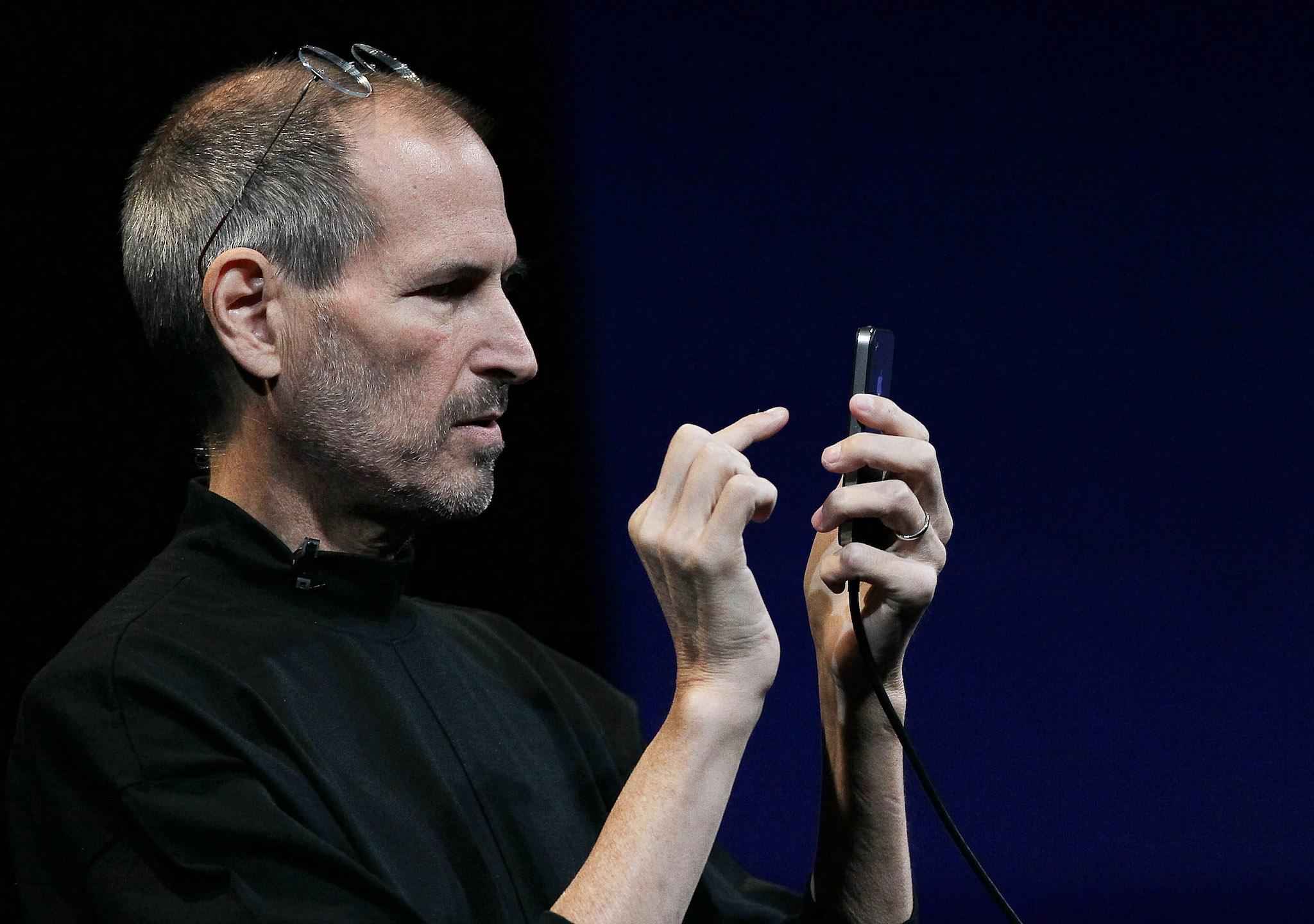The non-negotiable quality Steve Jobs looked for when hiring top employees
'We wanted their eyes to light up'

Your support helps us to tell the story
From reproductive rights to climate change to Big Tech, The Independent is on the ground when the story is developing. Whether it's investigating the financials of Elon Musk's pro-Trump PAC or producing our latest documentary, 'The A Word', which shines a light on the American women fighting for reproductive rights, we know how important it is to parse out the facts from the messaging.
At such a critical moment in US history, we need reporters on the ground. Your donation allows us to keep sending journalists to speak to both sides of the story.
The Independent is trusted by Americans across the entire political spectrum. And unlike many other quality news outlets, we choose not to lock Americans out of our reporting and analysis with paywalls. We believe quality journalism should be available to everyone, paid for by those who can afford it.
Your support makes all the difference.Genius and unconventional often go hand in hand - especially in the case of Steve Jobs.
Even from the early days of Apple, Jobs knew that he wanted to create something special, but he did not yet know who could help him turn his vision into reality.
Now, a video from the 80s has resurfaced in which a young Jobs describes the early mistakes he made when hiring employees, and the one attribute he eventually considered an absolute requirement in his employees.
Jobs says his early hires of what he called "professionals" didn't do well, “It didn’t work out at all. Most of them were bozos. They knew how to manage but they didn’t know how to do anything.”
It was then that Jobs realised seasoned professionals were not the way to go, instead switching gears to “people that were insanely great at what they did but were not necessarily seasoned professionals.”
In other words, Jobs was looking for one thing: passion, particularly for problem solving.
Apple began looking for hires “who had at the tips of their fingers and in their passion the latest understanding of where technology was and what they could do with that technology.”
Jobs eventually found what he was looking for in Debi Coleman, a 32-year-old English Lit major with an MBA from Stanford.
Despite having no prior experience in the manufacturing field, even admitting in the video that “no way anyone else in the world would give me this chance to run this kind of operation,” Coleman thrived in the role.
Proof that Jobs knew what he was doing when he decided to stop hiring professionals - by age 35 Coleman was the chief financial officer of Apple.
Summing up what he was looking for, and found in Coleman, in the video Jobs defines leadership as "having a vision, being able to articulate that so people around you can understand it, and getting a consensus on a common vision.”

This importance of passion and a shared vision is then echoed by early Apple employees, who describe the interview process, and the test potential employees had to pass.
Andy Hertzfeld, one of Apple’s earliest software engineers, describes how, after hours-long interviews, interviewees were showed Macintosh prototypes.
If they didn’t respond with much enthusiasm, they didn’t get the job.
But if their eyes lit up, Herzfeld said, “we knew they were one of us.”
Join our commenting forum
Join thought-provoking conversations, follow other Independent readers and see their replies
Comments